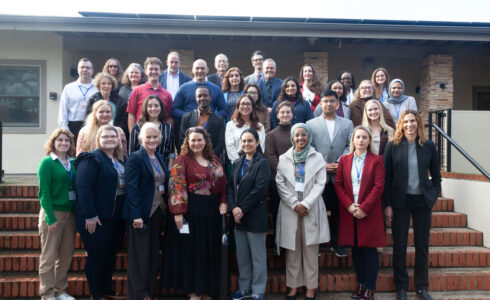
CNS, in cooperation with PNNL, hosted a pilot course on radiological security for 26 graduate students and early- to mid-career professionals.
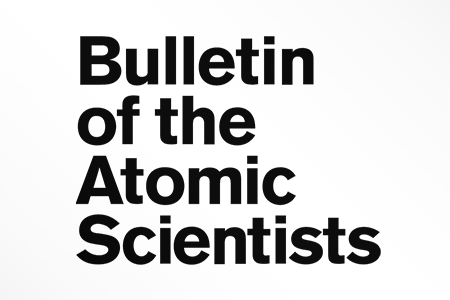
The time has come for Iran’s leaders to reconsider their past posture and instead pursue a nuclear power program that will benefit the Iranian people.
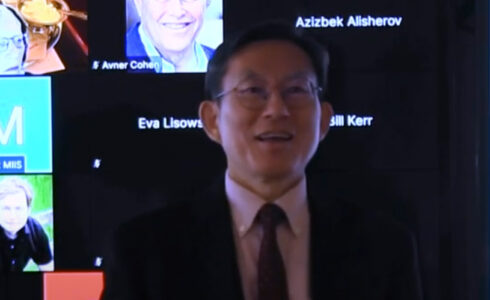
The presentation delves into the complex relationship between nuclear power and nuclear proliferation.

Nuclear-powered cargo ships are a particularly bad idea in an era of international terrorism and piracy.

The United States should prioritize support to industry players that have minimized the proliferation risks of their prospective technology.
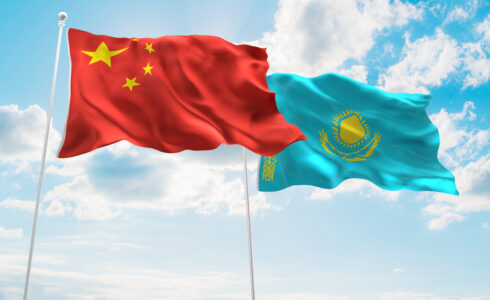
Kazakhstan has leveraged its natural uranium resources to hold the reins in its nuclear fuel–related dealings with China.
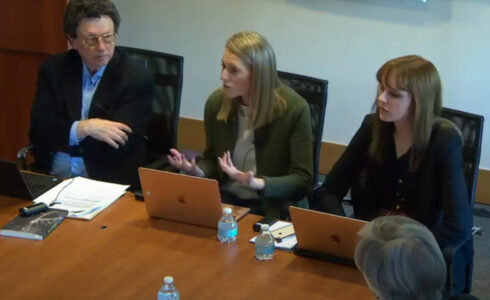
Death Dust explores the largely unknown history of the rise and demise of RW—sometimes portrayed as a “poor man’s nuclear weapon”—through a series of comparative case studies across the United States, the Soviet Union, the United Kingdom, Egypt, and Iraq.